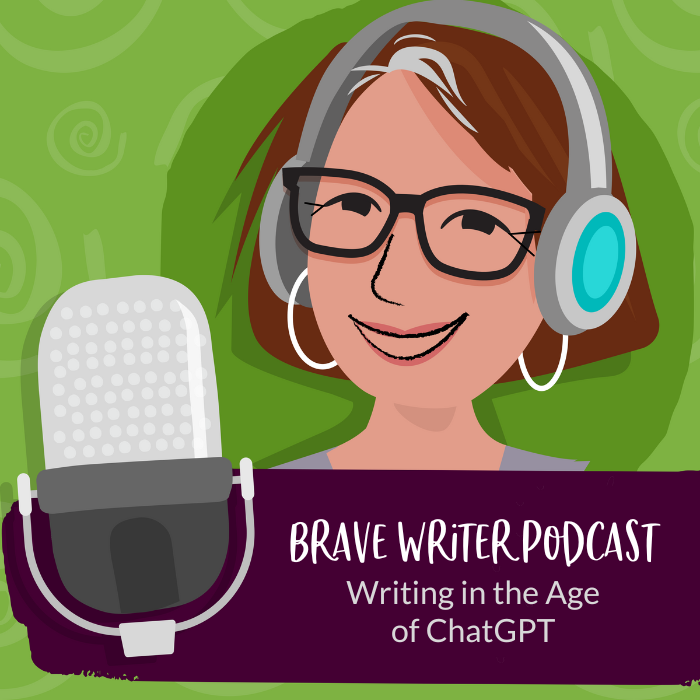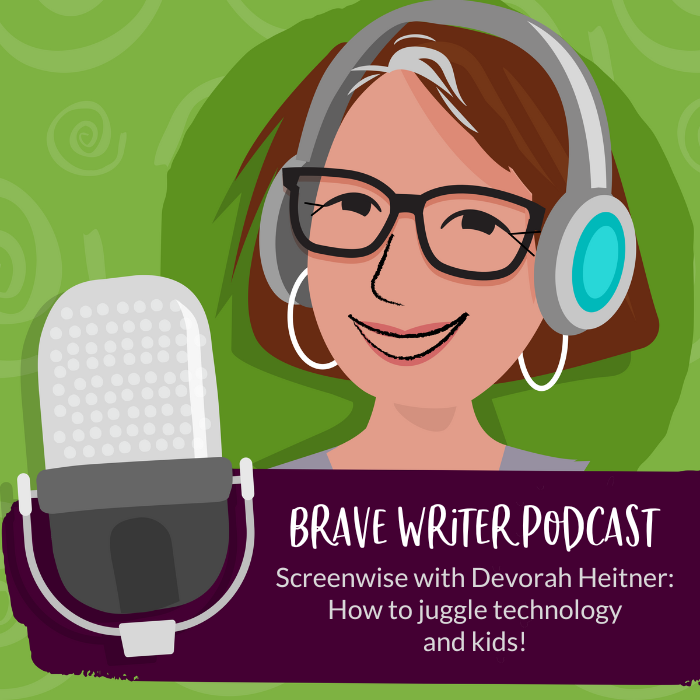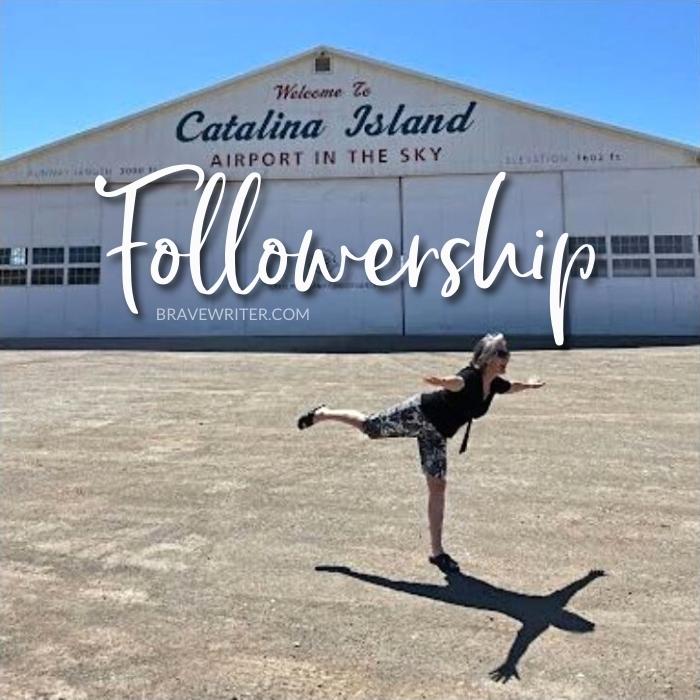
To “organize” means to arrange things using a structured system (like the image above where toys are separated by type—play food, colorful blocks, plain blocks, etc.).
Describe how you organize (or don’t organize!) your belongings.
New to freewriting? Check out our online guide.
























